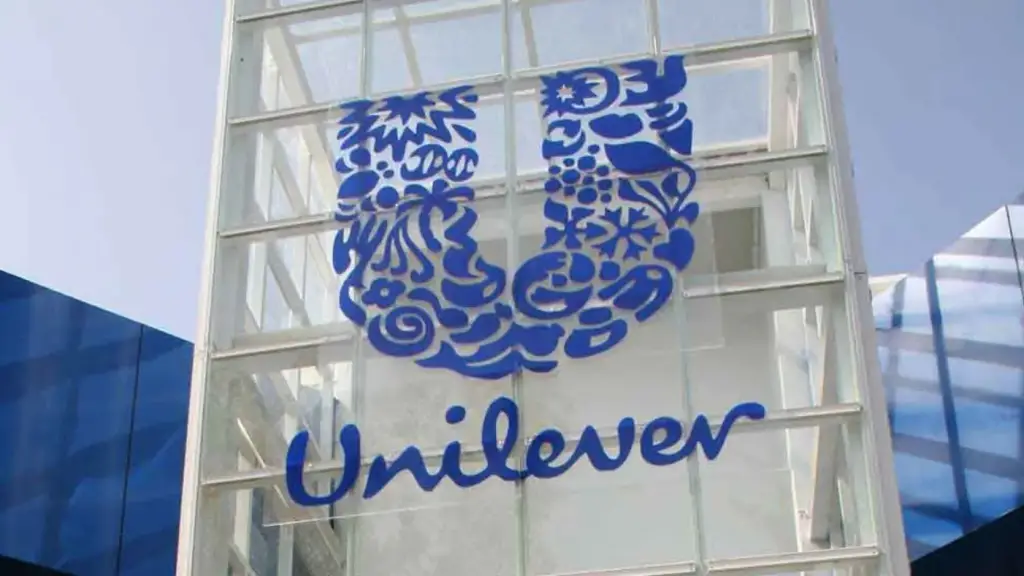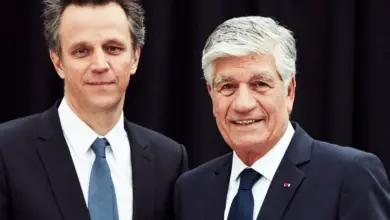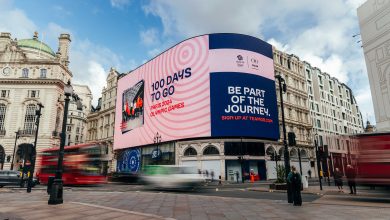PepsiCo and Unilever continue basic supplies for Russians but cut big brands
Sanctions against Russia are a thorny moral issue, which PepsiCo and Unilever are navigating by continuing their supplies of basic goods that “ordinary” Russians need every day, while cutting their big brand presence.
PepsiCo has dairy farms in Russia and it will continue to sell milk and milk products, as well as baby formula, but is suspending sales of Pepsi, 7 Up and other brands in protest at the “horrific events occurring in Ukraine.”


Unilever has taken a similar stance by continuing to supply what it terms “everyday essential food and hygiene products made in Russia” while suspending all imports and exports. The company has donated €5m worth of essential products to the humanitarian effort in Ukraine.
A statement from Unilever CEO Alan Jope said: “We will not invest any further capital into the country nor will we profit from our presence in Russia. We will continue to supply our everyday essential food and hygiene products made in Russia to people in the country. We will keep this under close review.”
Procter & Gamble has suspended advertising and new investment and reducing its product portfolio to focus on basic health, hygiene, and personal care items that CEO Jon Moeller says are “needed by the Russian families who are dependent on them.”
Meanwhile Russia is retaliating against brands, according to news agency TASS, declaring that corporate deals with companies and individuals from “unfriendly countries” will require approval by a government commission. The UK is on this list, as well as others including the US, European Union member states, Japan, Canada, South Korea, Switzerland, Ukraine, Taiwan, Norway, Singapore and Iceland.









